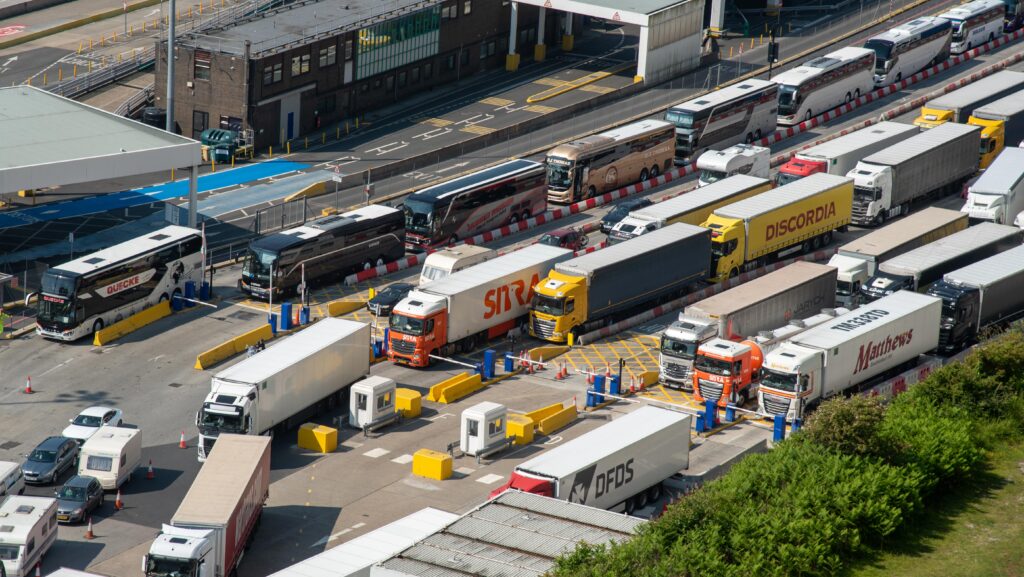Plan to cut border food checks prompts compensation call
 © Adobe Stock
© Adobe Stock Labour’s plan to reduce checks on food coming into the country has prompted a call for compensation from UK ports, which have spent millions on new infrastructure to meet post-Brexit trade requirements.
Since the UK left the EU, a series of Border Control Posts (BCP) have been built at great expense in order to carry out inspections of animal and plant imports.
At several sites, the facilities are already significantly underused, with Portsmouth able to handle 80 checks a day, but performing only two or three on average.
See also: Meat smugglers using English vehicles to evade border checks
Now a commitment from the new government to seek a UK-EU veterinary agreement would mean the need for these checks is removed altogether, rendering the posts redundant.
The British Ports Association has written to Nick Thomas-Symonds at the Cabinet Office and Baroness Sue Hayman at Defra to demand compensation if the deal goes ahead.
In a statement, the group said: “A new agreement with the EU removing trade barriers would be welcome by many in the logistics sector, but leaves many ports at a significant loss.
“Ports should not have to repeatedly incur costs because of changing political winds and we are seeking a conversation on how the sector might be reasonably compensated.”
An estimated total of £300m has been spent on the BCPs, with the government contributing £200m through the Port Infrastructure Fund and ports picking up the rest.
The ports also continue to cover the day-to-day operational costs of running the posts, on the understanding that charges would be levied on traders to recover the investment, but their under-utilisation has affected this revenue stream.
New EU checks
Separately, councils in Kent have urged the government to do everything it can to reduce the risk of disruption at Dover when the EU’s Entry Exit System (EES) checks are introduced in November.
The new border regime will require most non-EU nationals, including UK citizens, to register biometric details when travelling.
Analysis by the Kent and Medway Resilience Forum (KMRF) expects traffic caused by EES checks to be much worse than the queues of more than 14 hours seen in summer 2022, with resulting impact on food trade.
One quarter of all food imported into the UK from the EU passes through the Port of Dover and the Eurotunnel.
